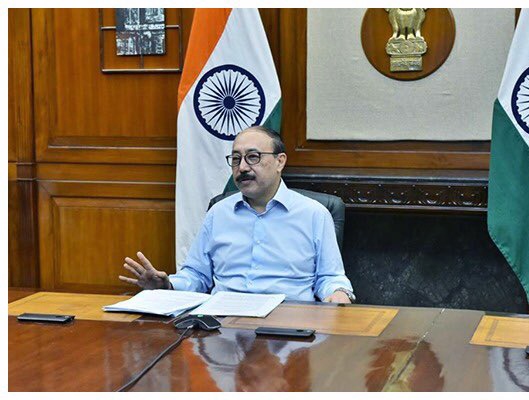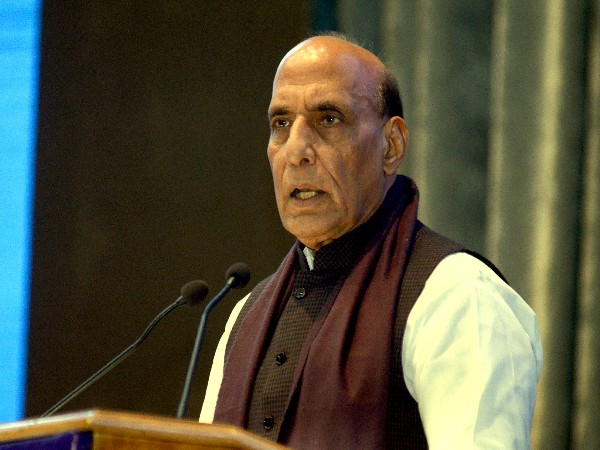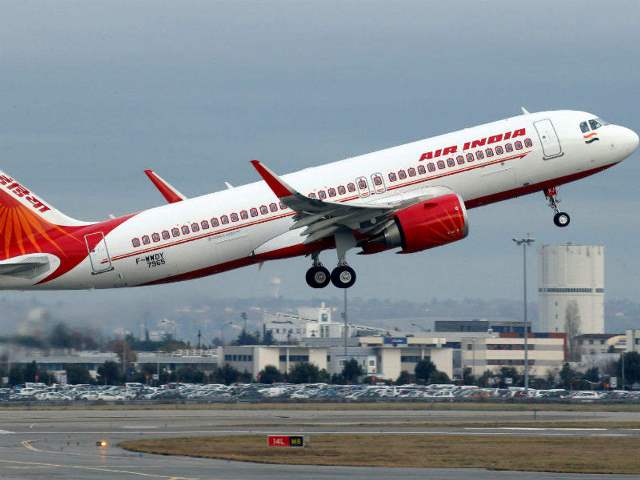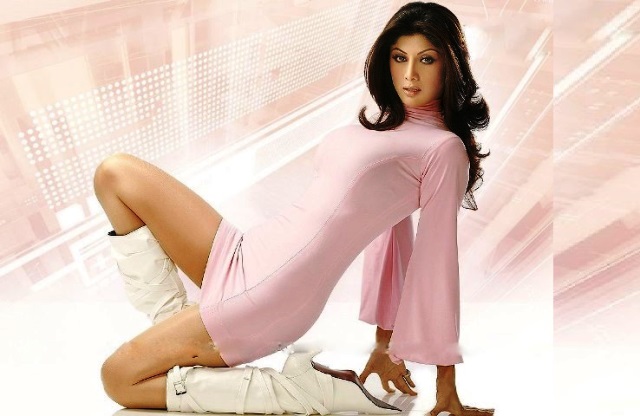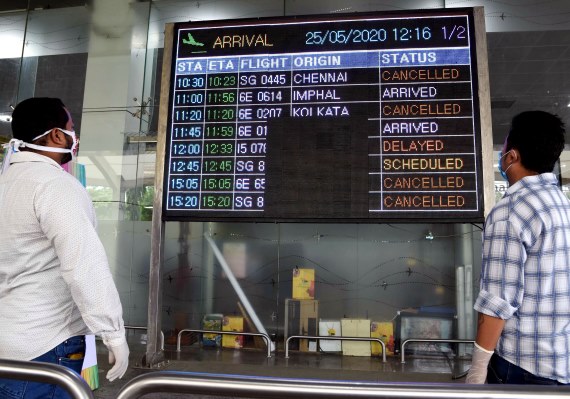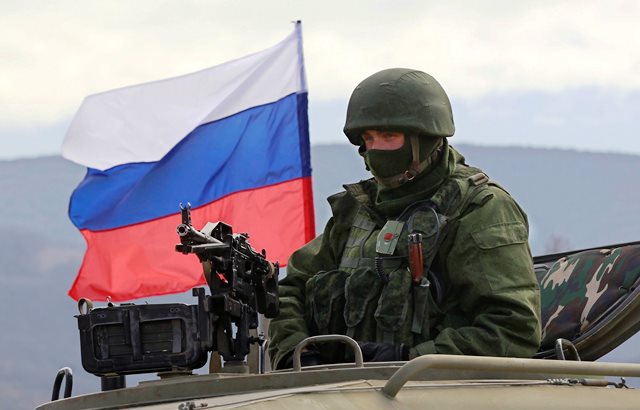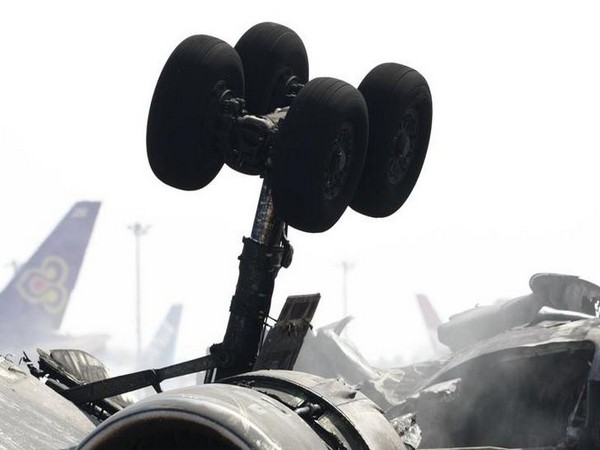It seemed on the cards and has now happened. Russia has gone into Ukraine to ‘demilitarise’ for its own defence, as it says. As was speculated by some analysts, Russia has attacked from many sides, the east, the north, the south and possibly even into the western part of Ukraine. The invasion took place as the UN Security Council was in session talking about ‘diplomacy’.
Uncharacteristically, the UN Secretary General seemed to have taken side when he told Russia that its incursions into Donbas and recognition of the region as independent entities was against international law. In response to Secretary General’s offer of extending his good offices for dialogue, the Russian diplomat sarcastically responded, ‘what good offices?’ clearly implying that the Secretary General was not being neutral. The UN Secretary General Antonio Guterres is technically right but may have allowed his emotions to compromise a neutral stand in this fight between two giants, Russia and USA.
As country after country criticised Russia and the office of UN Secretary General having expressed an opinion, it was obvious that Russia was going to get angry. There was little of diplomatic negotiation but a lot of advice that all sides should negotiate. No suggestion of any concessions was put forward for discussion by any country. China reiterated its position that placing NATO weapons next door to Russia was a provocation. It was also clear that the vast majority of countries were on the American side of the argument. Not seeing any diplomacy moving forward, Russia has attacked.
What will Russia do? Putin has said he doesn’t want to take over Ukraine. He merely wants to remove the threat to his country, in what he calls an act for ‘demilitarisation and denazification’ of Ukraine. But the speech he made on 21st indicates a different plan if Ukraine’s leadership does not walk away from confrontation.
The long speech as been dismissed as an incoherent ramble about Putin’s version of history before he recognised the two breakaway Ukraine provinces jointly call Donbas, as independent entities called Donetsk and Luhansk.
The hour long speech also appears to give a clear indication of Putin’s intentions and road plan. What is being missed by analysts is that Putin was addressing several audiences at the same time. He was explaining the background and his rationale for intended invasion to fellow Russians who have probably not heard much apart from United States wanting to put bases next door. By appealing to their sense of history, their ownership of the birth of Ukraine as he sees it, he was trying to convince Russians of the legitimacy of invading Russia from the Russian historic perspective. He was painting Ukraine as an ungrateful traitor. The long speech may have got most Russians around to his decisions.
He was also giving Ukraine a clear but chilling message. He has effectively told Ukraine that it does not have a historical hinterland as a nation and that it was essentially a beneficiary of Soviet Union’s administrative and geopolitical strategies. Through that statement he has sent a message that Russia can also undo Ukraine’s existence.
In fact he made that clear, ‘You want decommunization? Very well, this suits us just fine. But why stop halfway? We are ready to show what real decommunization would mean for Ukraine.’
What exactly does he mean by that? Is Putin going to radically disrupt the terms of the current international order and totally dismember a State, running it out of existence?
Under Putin, Russia has shown that it can even go into other countries and assassinate with impunity those it perceives to have committed treason against Russia. It does not tolerate what it calls ‘traitors’ who defect. From Putin’s speech, it appears that he sees Ukraine as a partner that has turned rogue and walked into the opposition camp. He is likely to mete out the same punishment as he does to Russians who take refuge from him in other countries.
Will Russia swallow all of Ukraine or hand it over to a compliant regime? His speech does not suggest that. He also said, ‘Stalin incorporated in the USSR and transferred to Ukraine some lands that previously belonged to Poland, Romania and Hungary.’ It seems he is suggesting to these European countries that they too have a claim on parts of Ukraine that is western Ukraine.
Western Ukraine is a mixed bag of nationalist Ukrainians, Polish Ukrainians, Hungarian Ukrainians and a lot of anti-Russia people. If Ukraine is incorporated into Russia, this is the region that will offer not only most resistance but will continue with insurgency.
While the Russian army will indulge Ukraine for a while, in the longer term, it is likely to dismember Ukraine. It appears Putin is inviting the three European countries to reclaim their lands. If any of them falls for it, he will achieve two purposes. He will divide NATO resolve and at the same time rid himself of areas that are likely to create most problems. Of the three countries Putin has named, Hungary is most likely to welcome taking bits of a dismembered Ukraine.
Putin’s speech may appear to be a rambling diatribe. But looked at closely, it reveals a broad plan if he can get away with it. After Yugoslavia, Ukraine will be the second major country in Europe that will be removed from the map involuntarily.
If Putin does carry through the threats he has made in his speech, it will be the most dramatic challenge to the international order built upon the charter of the United Nations in 1945. Not only sovereignty, but the very existence of a State can no longer be guaranteed.
As the Russians go further into Ukraine, it is unlikely they will meet much resistance. There is a lot of corruption in Ukraine. It is 122 on the Transparency International’s corruption index. Most of the senior leadership is likely to escape to safer places if not caught when the heat really turns on.
The Ukraine army will put up a fight but it is unlikely to be as determined as most people in the west have been led to believe. Most likely a number of Ukraine Army units will surrender and some run away, just as the western backed Afghan forces did. Many of the Ukraine forces probably have relatives in Russia and might see no advantage in fighting Russia over some geopolitical adventures of America.
This leaves China as the side show in this conflict. There has been much forecast on China taking advantage and absorbing Taiwan. However, China is unlikely to do that. Taiwan is still a big risk for it. China is likely to attack parts of India’s borders instead.
In these columns I did predict that Russia will attack after 20th February, the end of Beijing Winter Olympics. Despite America’s daily warnings of an imminent attack since around 8th February, it appears, Putin did patiently wait to let Xi have the glory of winter Olympics. Putin played with the diplomatic game until 21st February. On 21st Putin started the war game by recognising the breakaway republics and sending forces into Donbask.
China is going to wait for the UP election season to pass. Attacking a country when elections are being held is a folly as it will transfer nationalist emotions into votes for the Indian leadership. A week or so after the elections will be another environment.
A lot of change is going to happen in the world after the Russian and possible Chinese incursions, regardless of whether Russia wins or loses. Will it for better or for worse isn’t an issue that history and events grapple with at the time. History creates shifts every few decades.
